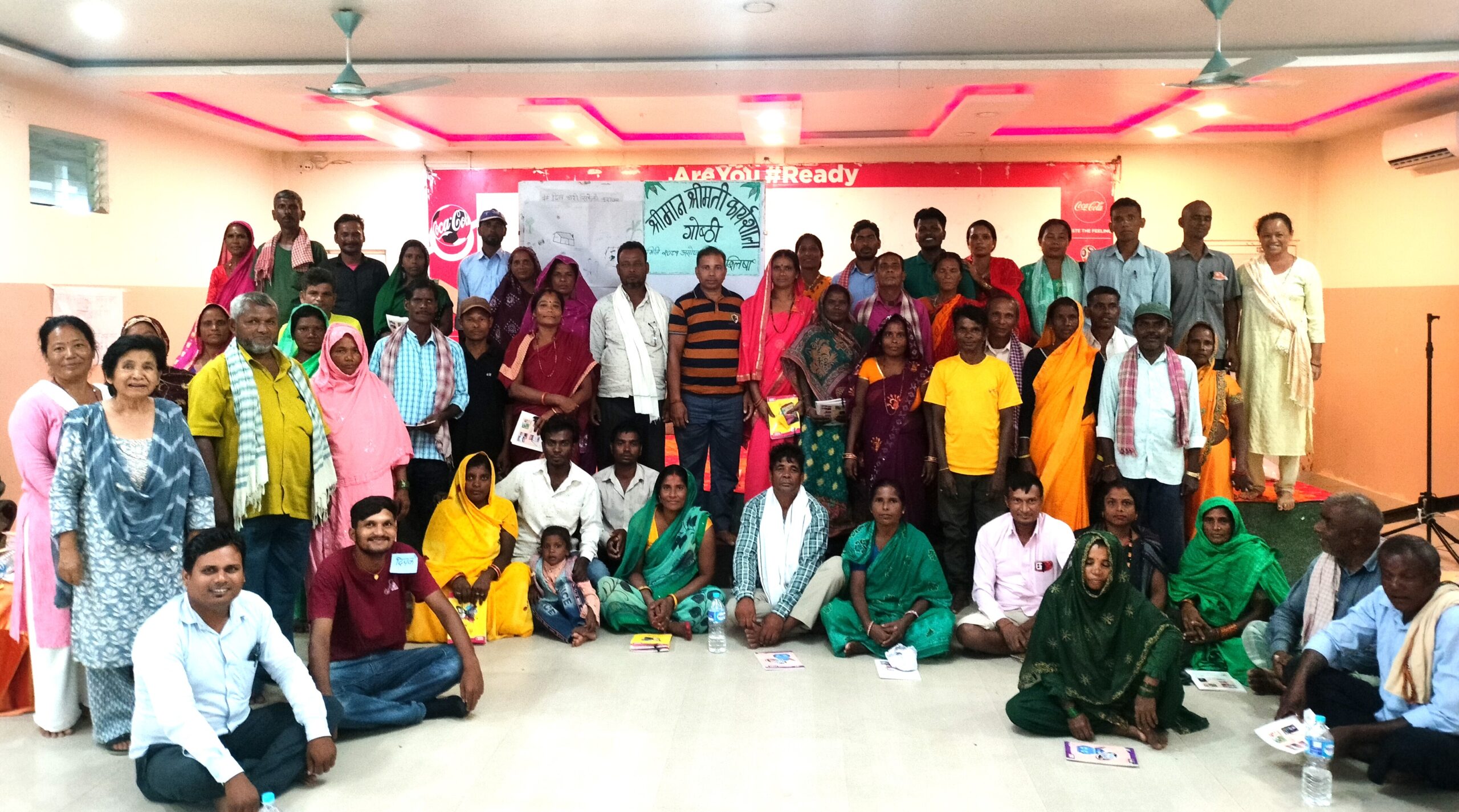 October 28, 2024
October 28, 2024
Slisha, under the WAWCAS program, conducted a transformative gender development workshop on 23 September 2024 for 26 couples from 13 WAWCAS groups. The workshop began with a warm welcome by Binod, followed by an engaging introduction where each participant was asked to introduce their spouse, sharing both the behavior they admire most and one they find challenging.
For many women from the Tarai community, it was a bold step, as cultural norms often prevent them from addressing their husbands by name. However, each woman embraced this challenge, and for the first time, they introduced their husbands by name. The traits most admired by spouses included hard work, tolerance, supportiveness, accountability, and shared responsibility in household chores and business. On the other hand, behaviors such as aggression, alcohol consumption, domestic violence, irresponsibility, and constant complaining were highlighted as areas of concern.
After these introductions, the workshop explored into its key objectives: raising awareness of gender concepts, reducing gender discrimination, and identifying the traits of an ideal husband and wife. Participants expressed a strong alignment with these goals, and the session transitioned into a series of thought-provoking games that showcased the disparities in the status of men and women in Nepal. These activities sparked deep discussions on why women remain so far behind in certain areas, with the conclusion being that societal change is only possible when individuals are willing to change their own behaviors.
Throughout the workshop, participants engaged in various interactive games designed to highlight how long it can take to shift perceptions around gender roles. The couples were then divided into groups, where the wives created a vision of the ideal husband, while the husbands did the same for their ideal wife. Following these presentations, each couple worked together to create an action plan for implementing positive changes in their relationship.
This empowering workshop encouraged couples to reflect on their behaviors, build mutual respect, and take actionable steps towards fostering equality in their households and communities